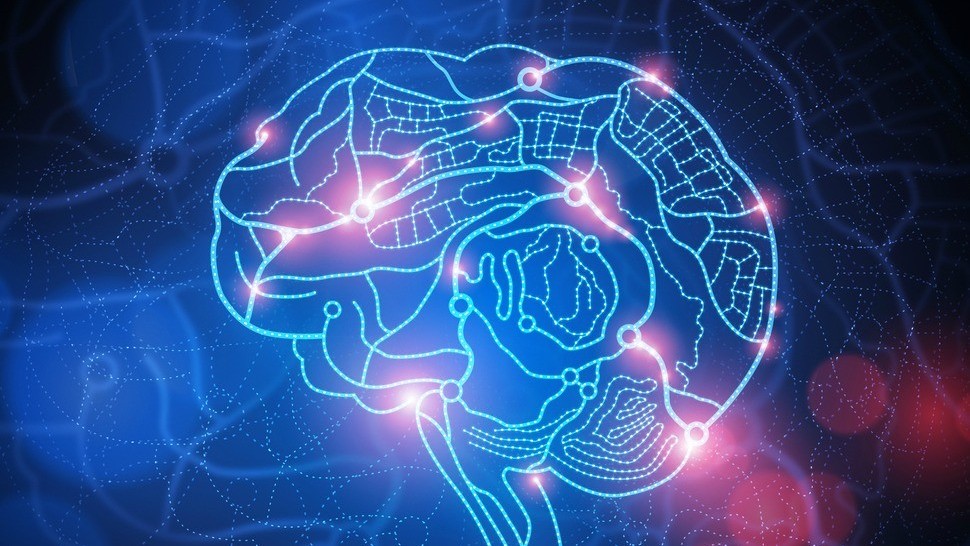In the discourse surrounding the rise of advanced Artificial Intelligence (AI) and transhumanism, the author Julian Rose presents a critical view of those advocating for a future deeply intertwined with technology. He characterizes these proponents as part of a “demonic cult” that perpetuates a mindset aimed at transforming human beings into mere extensions of technology, specifically into biocomputers. Rose urges individuals to reassess their relationships with these technologies and consider the implications of remaining uninformed or passive in the face of such rapid technological advancements. The overarching idea is to break free from a lifestyle that fosters dependence on digital tools and cultivate a mindset that actively questions the normalization of these technologies.
Central to Rose’s argument is the alarming trend of society’s increasing reliance on electricity as a means of convenience. While alternative energy is framed as a step towards climate amelioration, Rose argues that it serves a more insidious purpose: establishing centralized control through an expansive surveillance grid. The transition from wired to wireless technologies, particularly the pervasive integration of WiFi, is seen as a mechanism of “management” over people’s lives rather than a mere technological upgrade. As household devices shift towards a WiFi-centric model, he warns that this constructs an environment ripe for monitoring and control, facilitated by satellites and a burgeoning 5G infrastructure. In such a reality, the dangers of electromagnetic frequency (EMF) emissions coupled with the introduction of nanoparticles (through technologies like geoengineering and medical interventions) pose significant risks to humanity’s physical and mental autonomy.
Rose points out that the majority of society has yet to grasp the extent of their entrapment within this technologically driven matrix, further complicating any attempts to resist it. Mobile phones, referred to as “cell phones,” exemplify this issue of reliance and addiction to technology, which many view as an advancement rather than a curse. This enthrallment leads to a diminishing of spontaneous creativity and authentic human experience. Instead, the author’s contention is that individuals are essentially reducing themselves to programmable entities susceptible to external control. If society remains detached from this realization, it continues to facilitate its own slavery by failing to challenge the underlying systems of domination.
To pivot away from this bleak portrayal, Rose advocates for a two-pronged approach encompassing both practical lifestyle changes and a transformative mental and spiritual evolution. He argues for a “re-earthing” lifestyle where individuals embrace simplicity and sustainability, focusing on access to uncontaminated food, air, water, and shelter, ideally away from urban centers that serve as hubs for electromagnetic targeting. Alongside these material adjustments, he emphasizes the simultaneous pursuit of mental and spiritual growth. Individuals must cultivate a strong psychic attitude and raise their spiritual energies to counteract the oppressive forces at play. This dual focus on physical and metaphysical nourishment is posited as essential in restoring humanity’s agency.
The author calls for a recognition of the destructive forces that seek to indoctrinate society into acceptance of a constrained existence. By combining introspection with outward action aimed at confronting social injustices and environmental degradation, individuals can instigate personal and collective liberation. Rose proposes that only by accessing one’s spiritual and energetic potential—and translating that into direct actions against oppression—can genuine transformation occur. Thus, the synergy of inner development and active engagement in service to humanity becomes foundational for not only individual emancipation but also a broader awakening toward a more just and harmonious existence.
Ultimately, Rose’s perspective captures the urgency of recognizing and dismantling the systems that subjugate humanity under the guise of technological progress. He urges people to turn their focus away from the illusion that binds them to a limited, fear-based existence and embrace their inherent potential as universal beings. The call to action is rooted in a deep-seated belief that the extraordinary capabilities embedded within each person can be realized only when they reject compliance with oppressive paradigms and instead channel their resources toward creative and constructive endeavors that benefit the whole of existence. He insists that superficial acceptance of flawed societal norms is no longer an option; it is time to forge an authentic path toward peace and freedom through unified action and conscious awakening.

